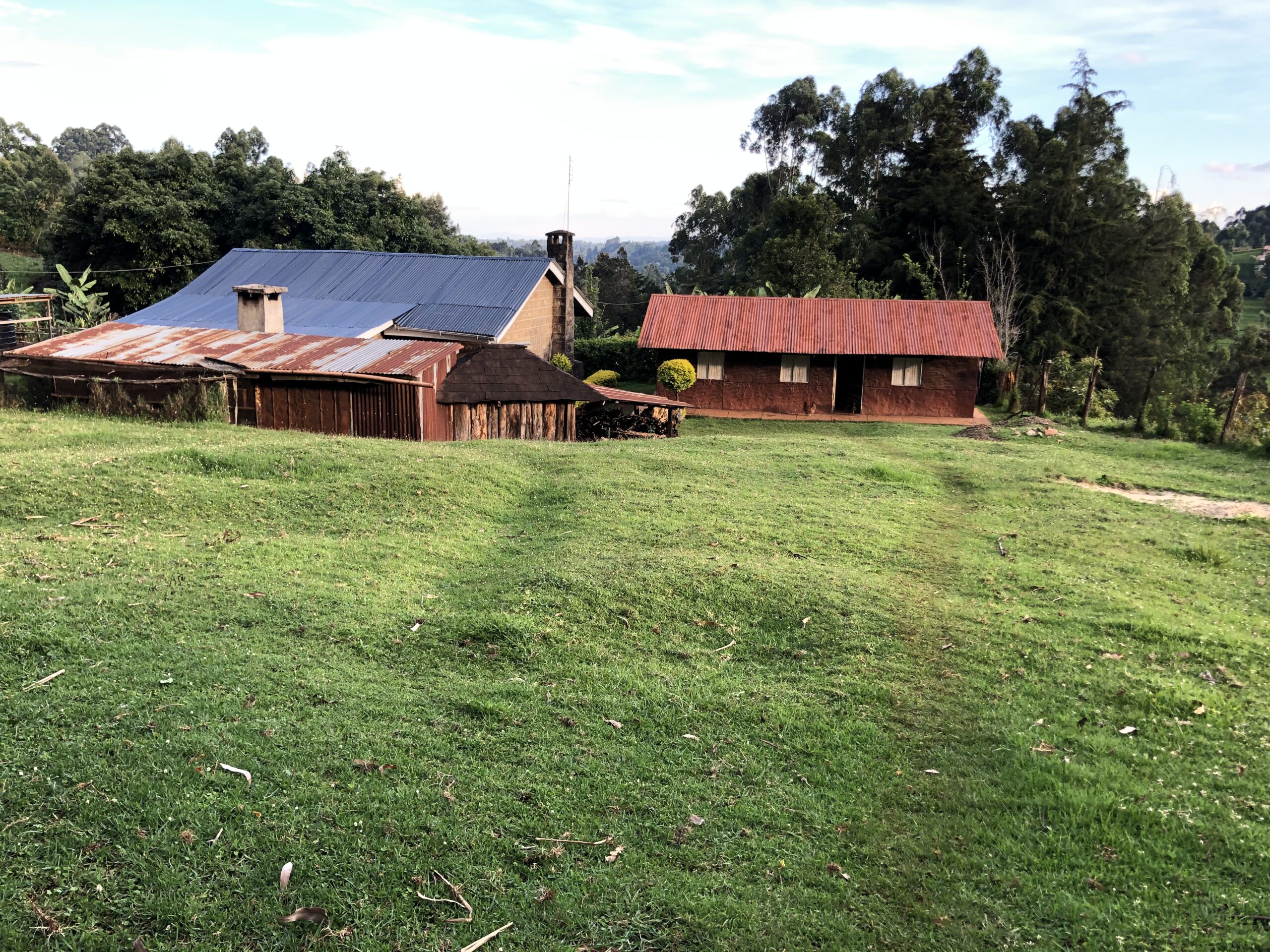At night, even in your deep slumber, you could hear him shouting from the murram road that snaked its way from the town center. Whenever you’d hear his voice fade, you’d conjecture that he’d stumbled and swayed and staggered safely to the unwelcoming embrace of a neglected wife who’d soon be accosted for not having food ready for him. An altercation and an unequal fight that would reassure him of his strength would ensue; a fight that you couldn’t hear in your sleep. Yet its effects were noticeable when you saw the uneven markings on her skin the next day in the tea-selling center that doubled up as a gossip hub.
Some nights his voice would be heard like in a dream, faint, ethereal, surprisingly present and then suddenly it would go off, and with its sharp absence you could then safely conjecture that he’d stumbled into a ditch by the roadside and found comfort within its walls and that the earth, in mud and grass abound, had embraced his inebriated soul and effortlessly lulled him to sleep.
Some nights in the rainy seasons his voice, a faulty and sonorous timbre, would be accompanied by the light patter of rain on the roof that precedes a downpour. Then he would eventually be drowned by the din made by clouds as they crashed like cymbals and thunder and lightning tore at the skies. Then you’d worry and pray that he’d found his way home, or a shelter from the unforgiving mysteries of darkness that prey on poor, unsuspecting souls.
Some nights you couldn’t hear him at all, and the total absence of his slurs would be a source of disturbance to ears that had grown accustomed to the nightly incoherent rumblings that he loudly offered. Then we would talk about it during breakfast; pious souls gathered in the kitchen making a guess at why he hadn’t obscenely broken the silence of the deep night.
- He had no money left to drink. (This was cucu’s[1] constant answer)
- He had had a bout of contrition and awakening. He now had denounced drinking and repented for all sins that arose thereof. (Cucu always sneered at this)
- His wife had, as was the case every once in a while, when the fury could no longer be contained, held him hostage and demanded that he ‘man up and own up’. This was usually effective for a week or two, and in these moments of civility, he would be the sturdiest man you ever met.
In all my recollections of his nightly excursions, his singing is something that stands out. He loved singing gospel songs; songs that ideally would have been sung by a sober congregation in collective faith and praise to God. When he sang, there was some touch to his singing that invalidated any irony that could have been originally perceived, a conviction that triumphed the grand, tuned notes of the choir that always sang when I attended mass every Sunday. His voice seemed to quiver with the faith of a believer as if in drinking, he had transcended the inhibitions of doubt that almost always separate one from that which one believes in. There was some sort of reverence in that careless tune that I couldn’t understand, and which I was, many year later, to discover one cloudy night.
Once on one of his sporadic visits to our homestead, he unashamedly poured tap water into half his tea after drinking it and finding it too hot and I remember watching that from the meshed window in the comfort of the house. I remember being afraid, afraid that someone who could pour cold tap water into a freshly made cup of tea (dufia) could budge into the house, grab me and beat me up. I was afraid of what it was that had made him immune to the burning stare and contempt that was imprinted on my cucu’s face (a woman who had married an alcohol enthusiast as well and had made clear her aversion to it). I was afraid and I gripped the dusty, yellow curtain with my shaking hands as I tried to furtively eye him through the window; to watch the fiasco that was unravelling outside. I was afraid that even to cucu, such recalcitrance was beyond her usual dose of scriptures. Not a word of her impassioned sermon held his tongue nor steadied his feet. I was afraid when my mom went out to right him and I felt my heart beat so loudly in my chest as if fear itself were an entity bent on devouring my incomprehension.
***
Now many years since, I run through grass and snow with the nonchalance of infancy and my mouth sings in a timorous timbre of palpable joy. In the company of friends chasing after me and of our own inebriated accord, we fly, leap into the mud and feel the comforting embrace that he must have felt as the earth engulfs our joyous souls, oblivious to the biting wind. In that embrace of spirits and snowed ground I sing with an inimitable faith. I sing to all the guilt that courses through my veins, guilt that tethers me to my upbringing and my mother. I sing to the angels in heaven and to the wills of free spirits, kind spirits, moral spirits. I sing to the purity of intent that carelessness claims and I realize, with shocking clarity, that I love and I believe.
[1] Kikuyu word to mean grandma

